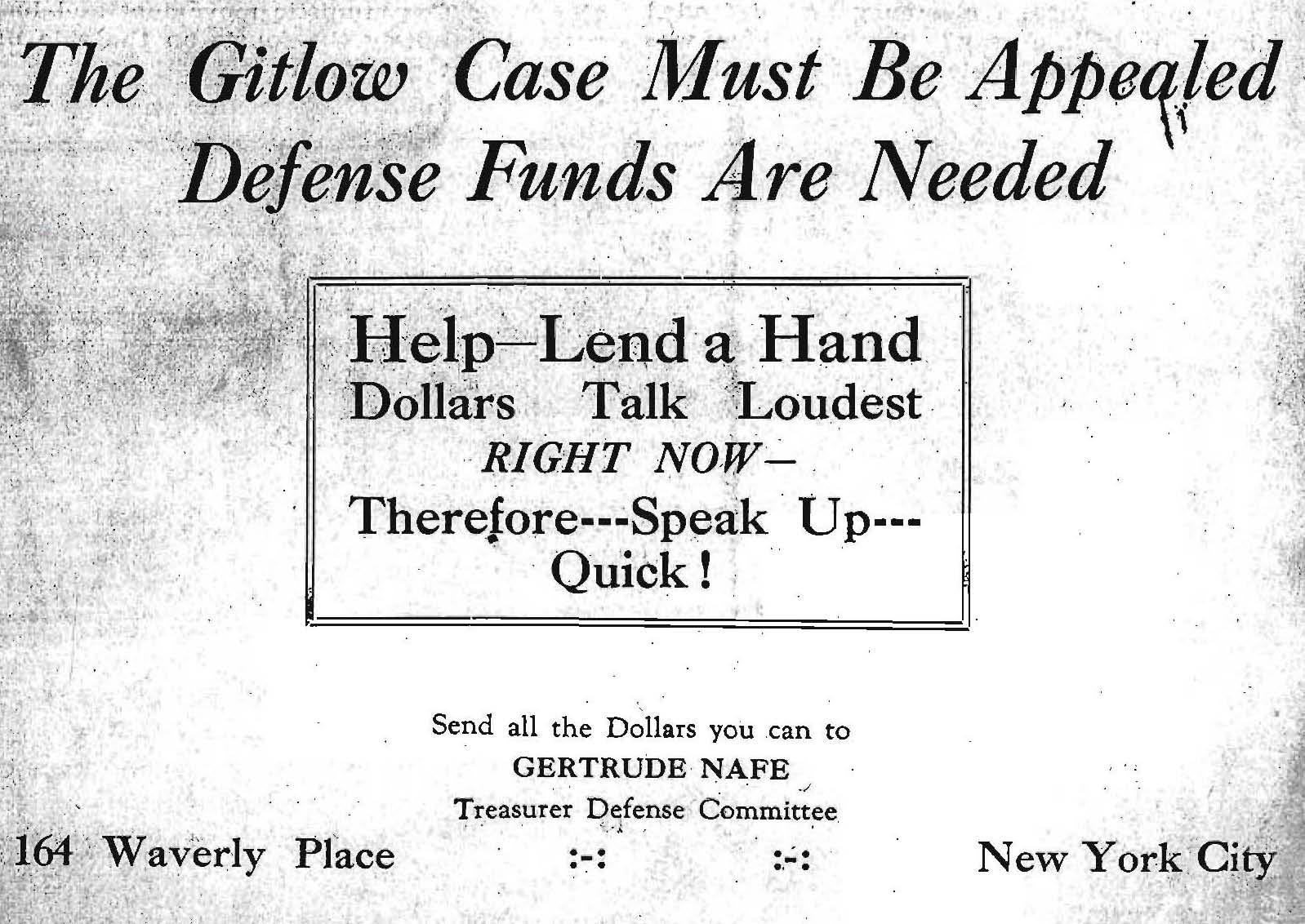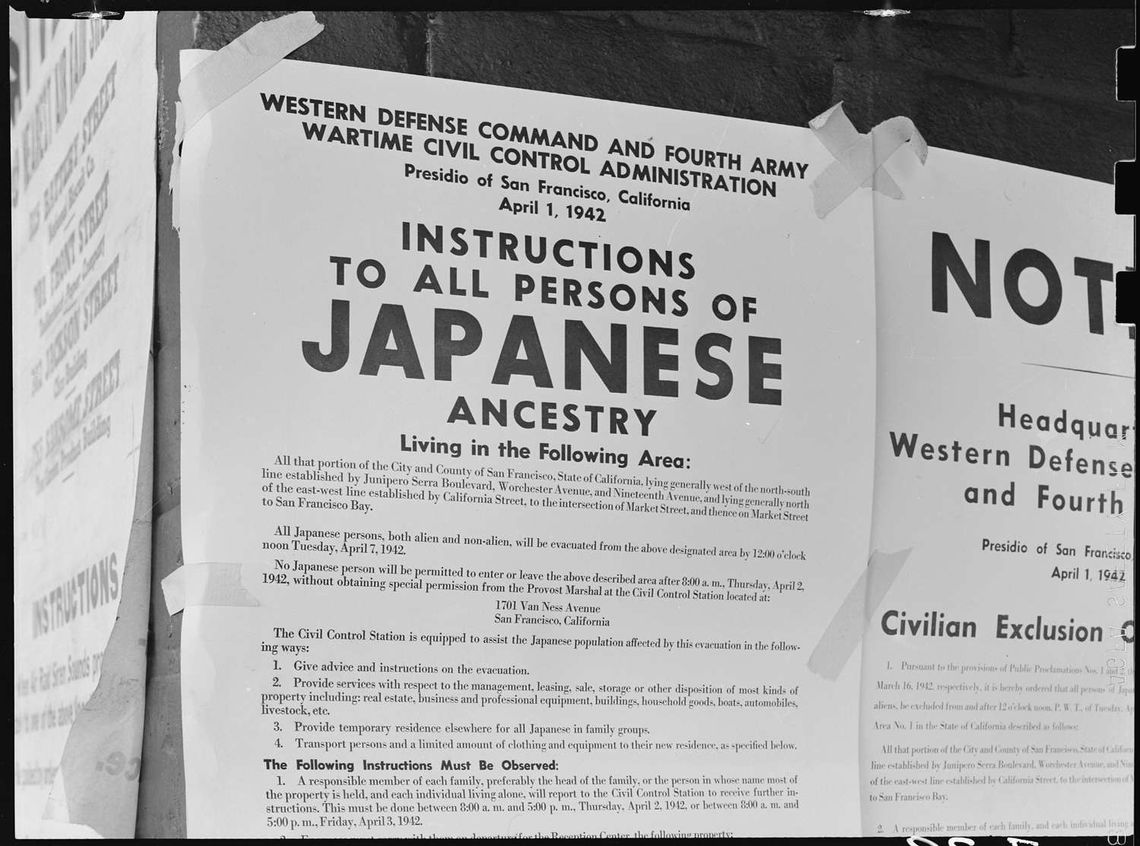Case Name: Gitlow v. New York
Case Number/Citation: 268 U.S. 652 (1925)
Facts of the Case:
Benjamin Gitlow was arrested and convicted for violating New York criminal anarchy law. Gitlow, who was a member of the Socialist Party, was responsible for printing literature and “circulating a paper” advocating for the forceful overthrow of the government. The indictment of Gitlow was due to his publication of “The Left Wing Manifesto” which called to “destroy the ‘bourgeois state through ‘revolutionary mass action.’” At trial, no evidence was presented regarding the effects of Gitlow’s publication. At appeal, the New York Court of Appeals affirmed the lower court’s ruling. After, Gitlow appealed to the Supreme Court.
New York State’s anarchy law was a criminal statute that penalized individuals who created speech that advocated to overthrow of the government. The State of New York has standing, because it is within the government’s interest to prevent danger and injury to the general public and such a legal challenge would affect the State’s ability to enforce the statute. Gitlow also has legal standing because he is directly affected and injured by the statute following the arrest and conviction. This case concerns the First Amendment’s Free Speech and Press Clause and the Fourteenth Amendment’s Due Process Clause.
Question:
First, did the U.S. Constitution’s First Amendment Free Speech Clause apply to states such as New York? Second, did New York’s criminal anarchy law, which punishes speech that advocates for the overthrow of the government, violate Gitlow’s First Amendment rights?
Conclusion:
To answer the first question, yes, the 9-0 majority held that the U.S. Constitution’s First Amendment’s Free Speech Clause is applicable to states such as the State of New York. The Court reasoned that freedom of speech and of the press are “among the fundamental personal rights and ‘liberties’ protected by the due process clause of the Fourteenth Amendment from impairment by the States.” To answer the second question, no, the 7-2 majority held that the New York criminal anarchy statute did not violate Gitlow’s First Amendment rights. The Court validated the State’s interest in penalizing speech that is “inimical to the public welfare, tending to corrupt public morals, incite to crime, or disturb the public peace.” While the majority acknowledged the lack of “evidence of any concrete result … from the publication,” Justice Sanford wrote that “a single revolutionary spark may … burst into a sweeping and destructive conflagration.” The Court argued that States cannot reasonably wait until such speech “leads to actual disturbances.” Rather, the majority believed that the State could use its police powers to punish speech that “bring[s] about substantive evil.” Writing for the dissent, Justice Holmes disagreed with the majority opinion, arguing that the manifesto did not present danger. Holmes contended that by using the majority’s reasoning, “every idea is an incitement.”
Major doctrine:
Incorporation Doctrine. The Supreme Court’s decision to apply the First Amendment’s Free Speech Clause to individual states (1) extended the federal constitutional protections to states and (2) overturned an earlier Court’s decision in Barron v. Baltimore.



